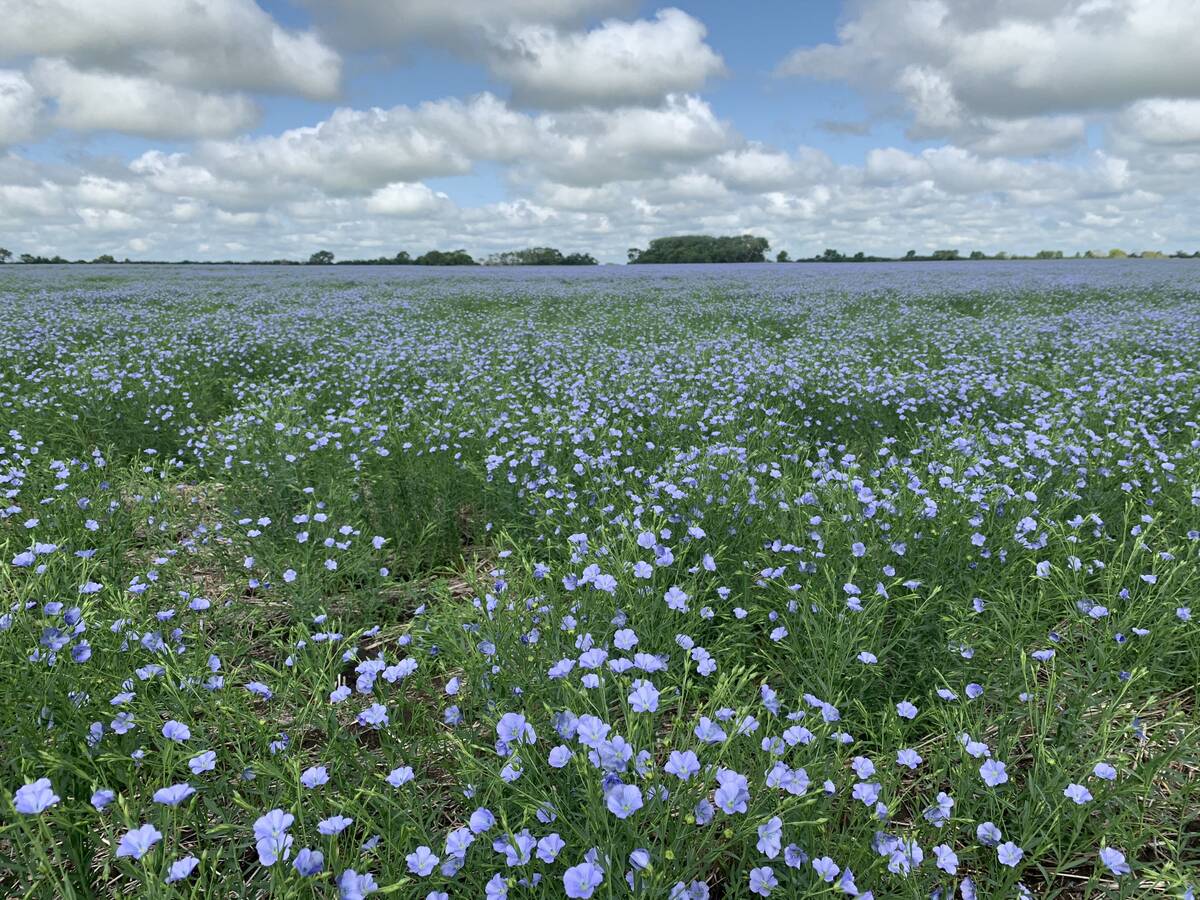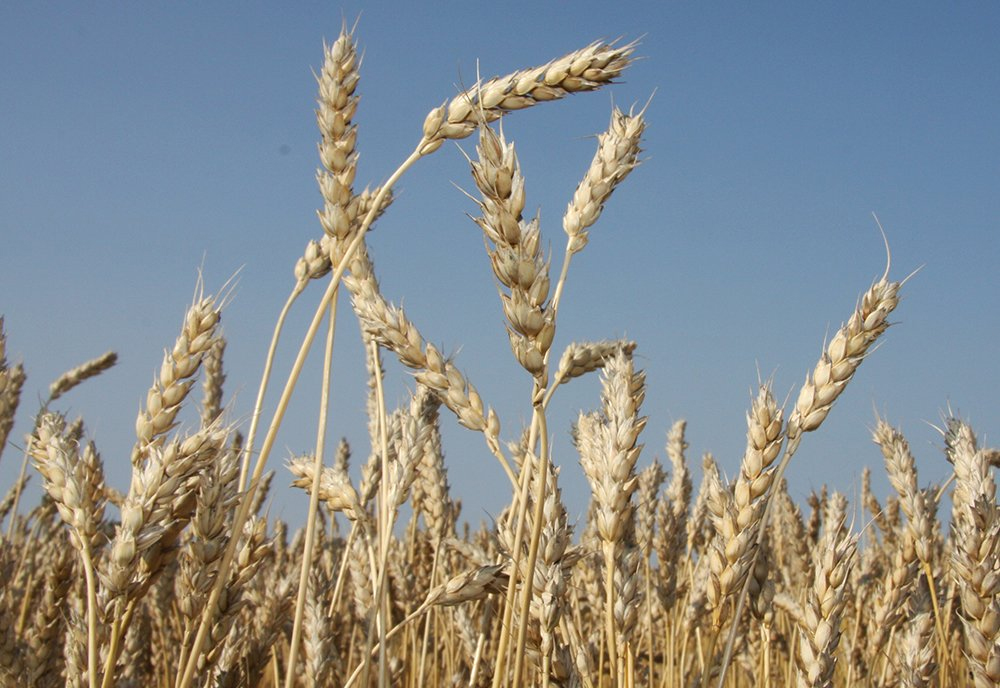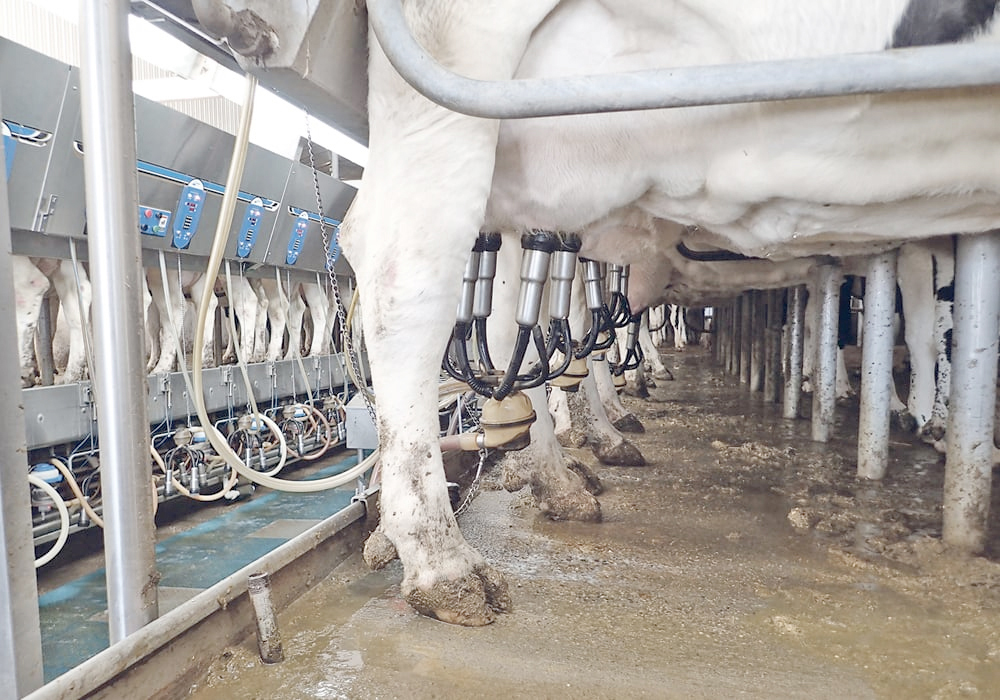Crop management is going to get trickier and farmers might have to accept that they won’t get paid for the extra effort.
Farmers already face restrictions from many buyers on issues like pre-harvest glyphosate, but more and more buyers are placing more and more requirements on how a farmer grows a crop.
If you want to deliver yellow peas to Roquette in Portage la Prairie, Man., they’ll want to know a lot about how you grew that crop. That’s important to the companies that buy the products.
Read Also

Flax sector sees omega-3 opportunity
SASKATOON — A global shortage of omega-3 oils could be an opportunity for the flax sector, says an industry official….
For instance, soybean residues aren’t allowed in a number of Roquette pea products. That concern feeds back into the decisions a farmer makes with his rotations if he hopes to have Roquette as a buyer for a future pea crop.
Oats buyers were some of the first to get very fussy about chemical residues on grain, and that’s something every oats grower knows all about. Much of the oats crop gets sold to companies that make health food or healthy-seeming food, so glyphosate residues are a definite no-no for those buyers.
But the concerns go far beyond single products. There’s a growing interest, desire and demand from some consumers and the companies that make products for them to ensure that farmers are operating “sustainably” and “ethically.”
I put those terms in quotes because definitions of both are nebulous in the extreme, but there is no question that significant parts of the consumer population and food industry — probably the best-paying parts — are edging toward demanding that farmers prove they are operating sustainably and ethically in order to be allowed to supply ingredients for their food.
Usually at this point of the discussion farmers say “Right then, pay me.” If consumers want something special, they can pay a premium for it.
Those premiums actually tend to happen early in these evolutions. The first- and early-adopters take on some risks and extra bother to deliver something special, and they get a premium or easier sales of something.
That tends to only last as long as it takes other growers to catch up. Then the premiums disappear and the requirement becomes standard.
The livestock industries tend to be far ahead of the crops industry on this. The pork industry has been working for years with the Canadian Quality Assurance program and that has rules and standards for most elements of hog production. CQA is a rulebook and a philosophy that’s just part of being a Canadian hog producer today.
Similar developments have occurred in beef with the Canadian Roundtable for Sustainable Beef, although that’s much less advanced.
The crops industry is the laggard, especially after the attempt to create a grain code of practice foundered on farmer resistance. Right now, it’s able to get away with that.
I hear lots of farmers saying things like “All people care about is the price,” or “Nobody in Pakistan cares about any of this.” For some people, price is all that matters. If you’re food insecure, overseas or here in Canada, you probably have less time to worry about how exactly your food was produced than somebody with ample income.
But those with ample income are willing to pay more for better products, and the better prices and best markets for most crops are likely to be for those who can offer crops that can claim to prove sustainability and ethical commitments. Much bulk grain trade will carry on, maybe forever, just based on traditional measures of quality and according to lowest-cost dynamics. But those will end up as the lowest-priced markets. They’ll pay the least.
I notice even at Wal Mart today, which focuses on price-conscious consumers, plenty of products are easing into claims about special qualities about their products, whether that’s from location, production method or commitment to environmental sustainability. It’s a general concern these days.
If farmers want to be growing crops that pull a better margin, they’ll need to be able to deliver to all the buyers, not just the lowest-common-denominator dealers.
Today farmers don’t need to worry about this too much if they don’t want to. There are certain buyers they can just avoid. But there’s a tipping point coming, and no farmer is going to want to be left out of the bucket that gets poured into tomorrow’s best markets.
















